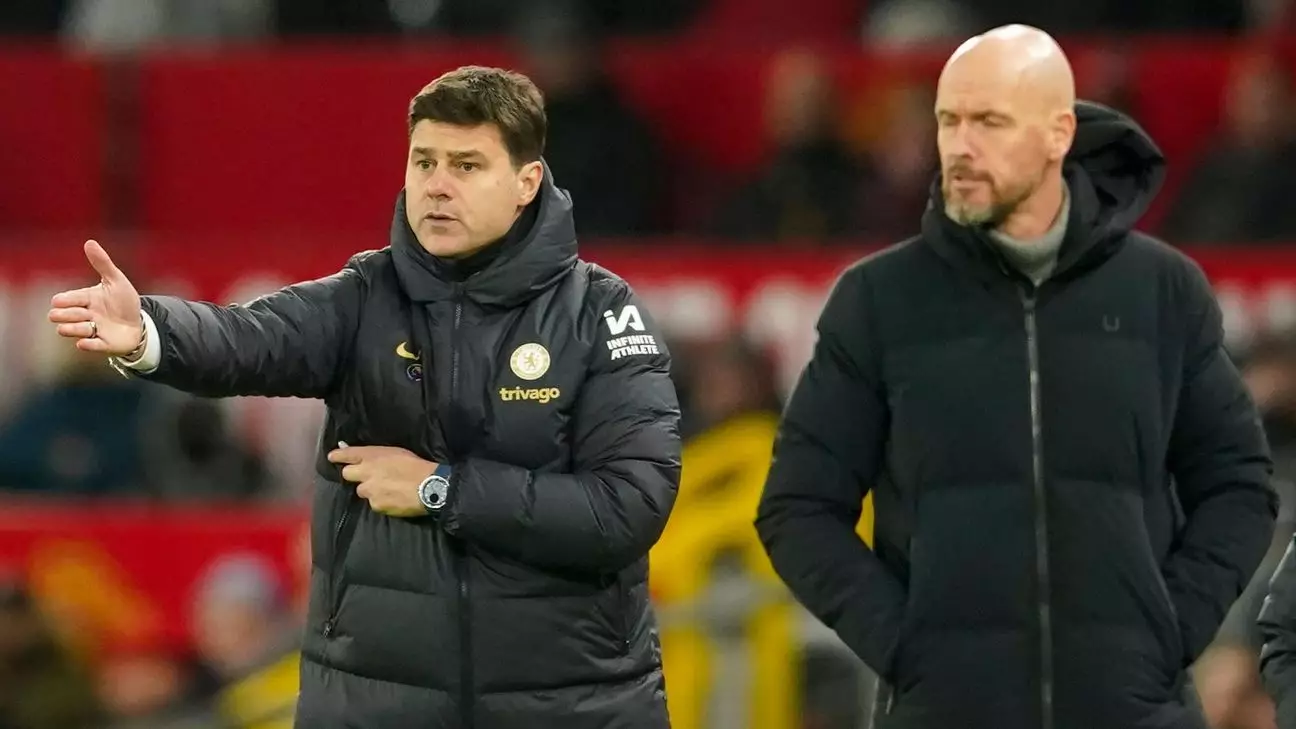The managerial landscape in European football is undergoing an unprecedented transformation, with several top clubs simultaneously searching for their next head coach. Bayern Munich, Barcelona, Liverpool, Juventus, and Chelsea are all in the hunt for a new manager to lead their teams to success. This highly competitive situation reflects the intense pressure on clubs to make the right choice in a rapidly changing environment.
The recent managerial shakeup at top clubs has created a chaotic scenario, with Manchester United potentially joining the fray as well. This rush to secure top managerial talent has led to surprising developments, such as Bayern Munich reportedly targeting Vincent Kompany as their next head coach. The rejection by several high-profile candidates has further complicated the recruitment process for these clubs.
One of the key factors contributing to the challenges of managerial recruitment is the growing influence of sporting directors in club decision-making. The traditional model of the chairman-manager relationship has been replaced by a more complex structure that involves specialists in various areas, including technical directors, analytics experts, and performance directors. This shift requires head coaches to adapt to a collaborative leadership style that aligns with the club’s vision.
Success in recent seasons has emerged as a critical criterion for clubs seeking new coaches. The trend of hiring coaches with recent winning records has become prevalent, with clubs prioritizing candidates who have achieved success in their most recent roles. This focus on recent accomplishments has made emerging coaches like Arne Slot, Thiago Motta, and Ruben Amorim highly sought after in the managerial market.
As the tenure of coaches continues to decrease, clubs are increasingly emphasizing the need for succession planning in their managerial recruitment strategies. Building a robust scouting network for coaching talent can enable clubs to quickly identify suitable candidates when the need arises. This proactive approach to succession planning ensures that clubs can smoothly transition from one coach to another without facing prolonged periods of uncertainty.
The evolving landscape of managerial recruitment in football highlights the shifting priorities of clubs in selecting their next head coach. While past accomplishments remain relevant, clubs are now looking for coaches who can align with the club’s philosophy, work within a structured framework, and demonstrate a track record of success in recent seasons. This multi-faceted approach to recruitment underscores the complexities of modern football management.
The intense competition for managerial talent among top clubs, the influence of sporting directors, the emphasis on recent success, and the need for succession planning are reshaping the dynamics of managerial recruitment in modern football. Clubs face the challenge of balancing short-term success with long-term stability when selecting their next head coach. As the managerial carousel continues to spin, clubs must navigate these complexities to secure the right fit for their team and aspirations.

Leave a Reply